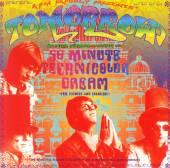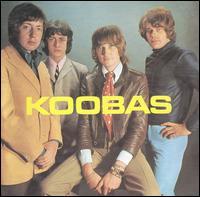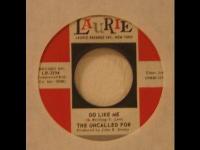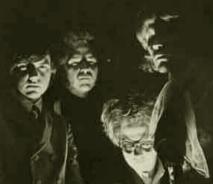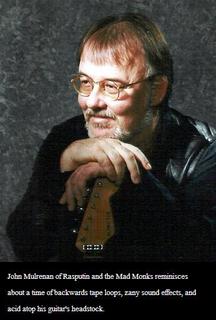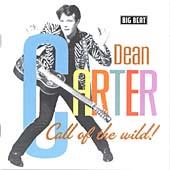 Decades before The Cramps donned a musical style that mixed punk rock with rockabilly, Dean Carter played a similar style of music. Starting out in Champaign, Illinois and eventually moving out west in the late 1960s, Carter churned out high tempo rockabilly/punk songs alongside more straightforward garage/punk numbers. While his musical peak is often pointed to be his 1967 take on "Jailhouse Rock," I have chosen to feature that single's b-side, "Rebel Woman."
Decades before The Cramps donned a musical style that mixed punk rock with rockabilly, Dean Carter played a similar style of music. Starting out in Champaign, Illinois and eventually moving out west in the late 1960s, Carter churned out high tempo rockabilly/punk songs alongside more straightforward garage/punk numbers. While his musical peak is often pointed to be his 1967 take on "Jailhouse Rock," I have chosen to feature that single's b-side, "Rebel Woman.""Rebel Woman" is a high paced love letter to those bad girls mothers have warned their son's about, yet are found to be much more attractive and mysterious than the plain Jane. Carter belts out his pleas and desires over a a bed of frenzied garage/punk.
Several years after the release of "Jailhouse Rock" b/w "Rebel Woman, Carter didn't find his "rebel woman," but instead found gospel music, which records under his given name - Arlie Neaville. In 2002, Ace Records released a 28 track compilation of Carter's music entitled Call of the Wild, which spans his whole career as Dean Carter, 1959-1969.
Dean Carter
"Rebel Woman"
1967

